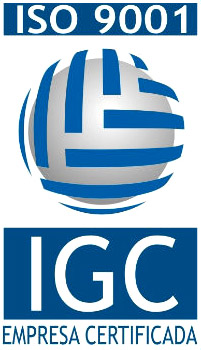This study is about the use of allogeneic human umbilical cord mesenchymal stem cells (UC-MSCs) for the treatment of autism spectrum disorder (ASD) in children. The study aimed to investigate the safety and efficacy of repeated, periodic administration of UC-MSCs in children with ASD. The results of the study showed that UC-MSC treatment was safe and well-tolerated, with no serious adverse events reported. In terms of efficacy, the study found that UC-MSC treatment was associated with improvements in the Childhood Autism Rating Scale (CARS) scores, as well as reductions in the levels of two biomarkers associated with inflammation and immune dysregulation in ASD. The study also discusses the potential mechanisms by which UC-MSCs may modulate the immune system and reduce inflammation in ASD. These mechanisms include the secretion of anti-inflammatory and immunomodulatory factors, as well as the induction of regulatory T cells. While the results of the study are promising, there are some limitations that should be considered when interpreting the findings. These include the small sample size, the lack of a control group, and the short follow-up period. Nonetheless, the study provides important insights into the potential use of UC-MSCs as a safe and effective treatment for ASD in children.
